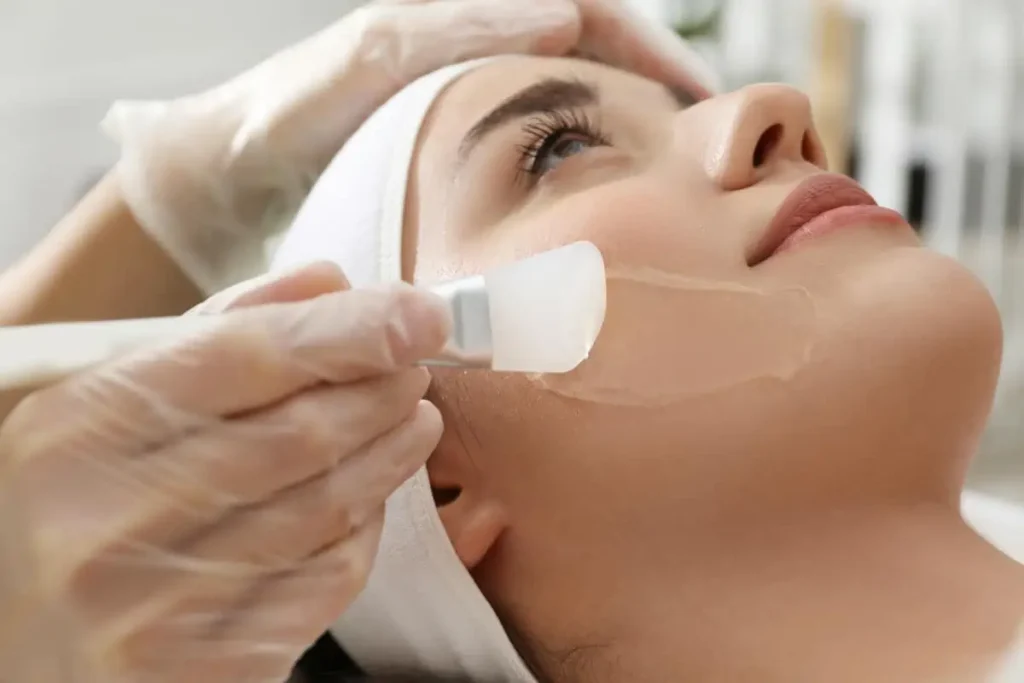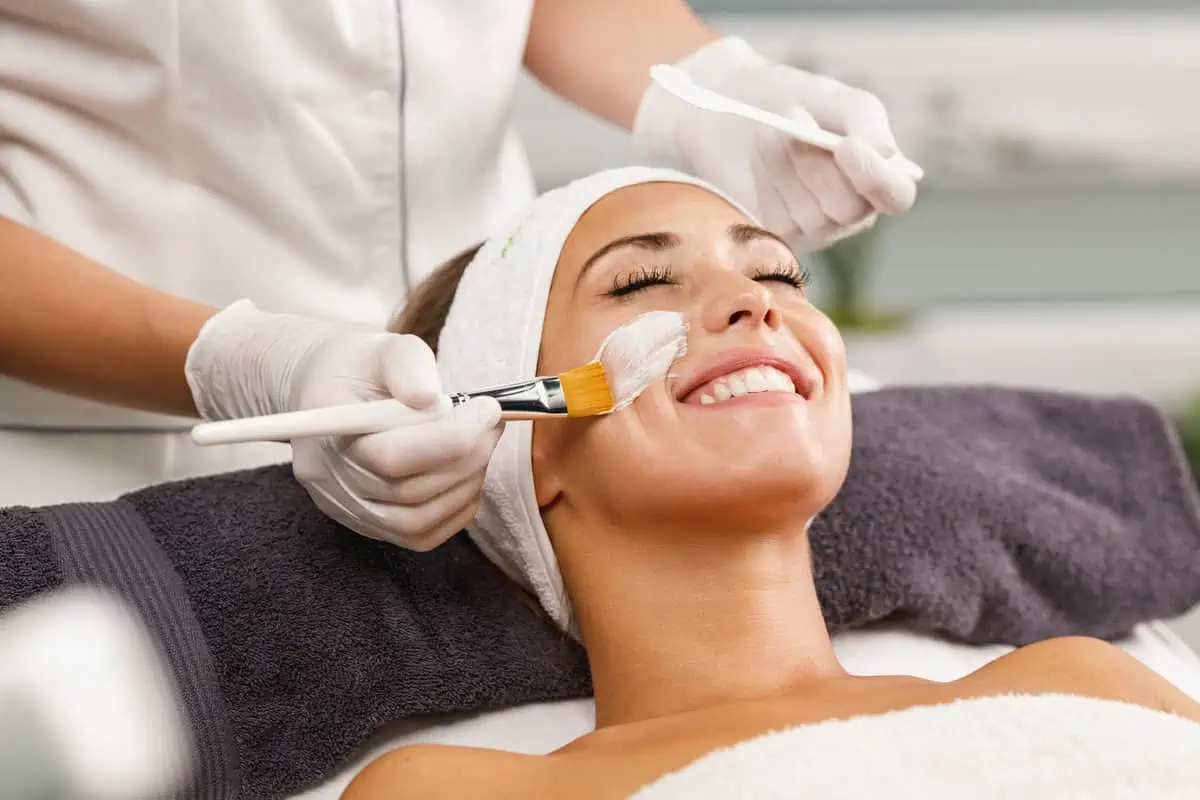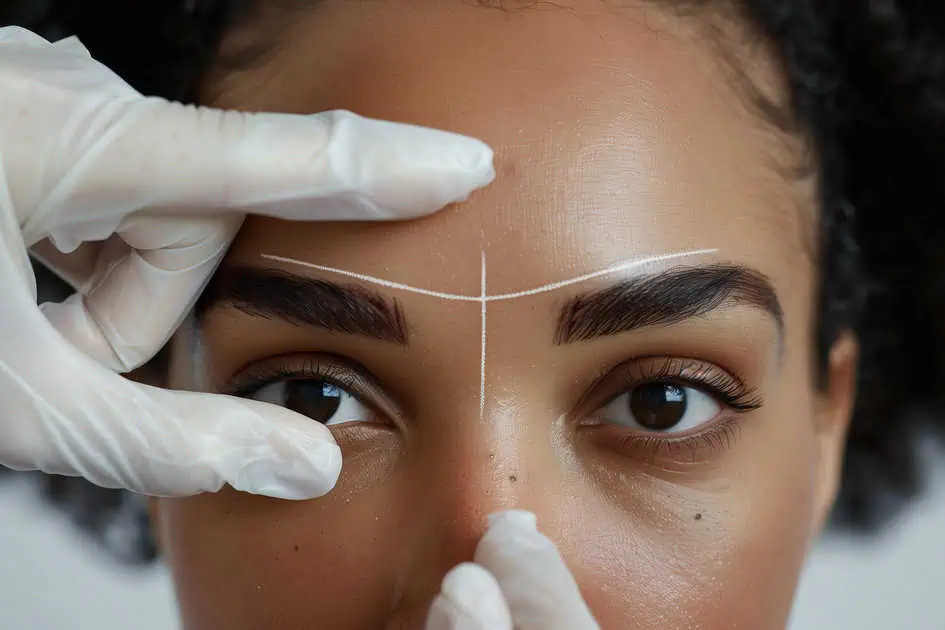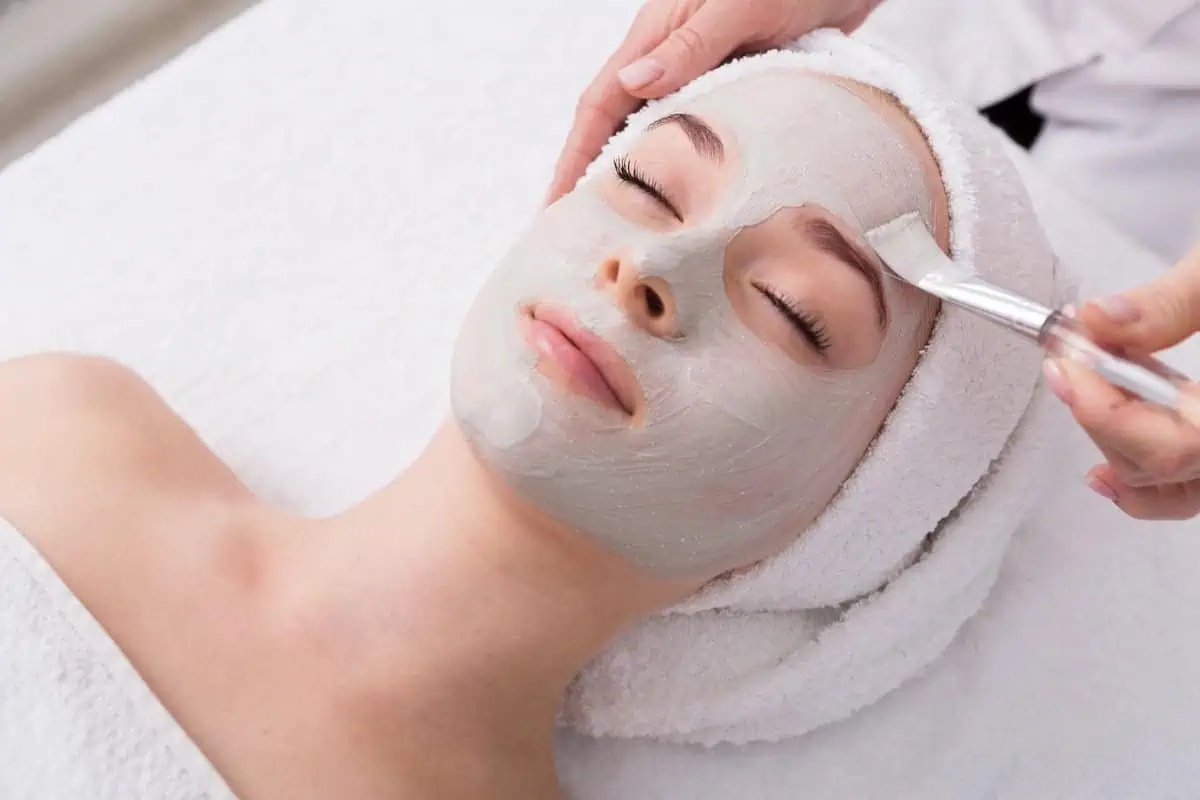Table of Contents
Introduction
Are you tired of battling stubborn acne scars that won’t fade away? Perhaps you’ve heard about chemical peels and their potential to rejuvenate the skin, but you’re wondering: Will they remove acne scars? In this comprehensive guide, we’ll delve into the world of chemical peels, exploring how they work, their effectiveness in treating acne scars, and what you can expect from the process.
Understanding Chemical Peels
It is important to differentiate chemical peels by their depth of penetration into the skin. In superficial peels, mild acids are used to gently exfoliate the outermost layer of the skin, resulting in a rejuvenated and refreshed appearance. A medium peel penetrates deeper into the skin, treating moderate skin imperfections, such as fine lines, wrinkles, and uneven pigmentation. The peels often use stronger acids, such as glycolic or trichloroacetic acid (TCA), for greater results. The most aggressive peels can effectively treat severe skin concerns such as deep wrinkles, scars, and sun damage.
In most cases, strong acids like phenol penetrate several layers of the skin, improving texture and tone. The choice of peel depends on factors such as the individual’s skin type, concerns, and desired outcomes, as well as the recommendations of a qualified skincare professional. Generally, chemical peels are safe when performed by an experienced practitioner but may cause temporary redness, irritation, or peeling. It’s essential to follow post-procedure instructions carefully and protect the skin from sun exposure to optimize results and minimize the risk of complications. With proper care and maintenance, chemical peels can help individuals achieve smoother, healthier-looking skin and restore confidence in their appearance.
How Do Chemical Peels Work?
Chemical peels work by inducing controlled injury to the skin, triggering the body’s natural healing response. The solution applied during the peel contains acids such as glycolic acid, salicylic acid, or trichloroacetic acid (TCA), which penetrate the skin and break down dead skin cells. As the top layer of skin peels away, it reveals fresher, healthier skin underneath. This process of exfoliation not only removes dead skin cells but also stimulates the production of collagen and elastin, proteins that are essential for maintaining skin elasticity and firmness. By promoting collagen synthesis, chemical peels can improve skin texture, reduce fine lines and wrinkles, and enhance overall skin tone.
Additionally, chemical peels can target specific skin concerns such as acne, hyperpigmentation, and sun damage by encouraging the shedding of damaged skin cells and promoting the growth of new, healthier cells. The penetration depth and the type of acids used in the peel determine the extent of exfoliation and its effects on the skin. Superficial peels typically provide mild exfoliation with little to no downtime, while deeper peels result in more significant peeling and require a longer recovery period. It’s important to thoroughly consult a qualified skincare professional to determine the most appropriate chemical peel for your skin type. With proper preparation and post-procedure care, chemical peels can help individuals achieve smoother, more radiant skin and improve overall health and appearance.
Types of Chemical Peels
Chemical peels come in various types, from superficial to deep, offering different exfoliation levels and results. Superficial peels are gentle and primarily target the surface of the skin, while deep peels penetrate deeper, resulting in more profound transformations. The recommended peel depends on factors such as the severity of acne scars and the individual’s skin type.
Additionally, there is a specific chemical peel in Mesa, AZ, formulations that offer unique benefits:
BioRePeel: BioRePeel is an innovative chemical peel that provides visible improvements with minimal downtime. This peel targets concerns like fine lines, wrinkles, pigmentation, and acne scars, lifting pigment, evening skin tone, and promoting smoother skin texture. Optimal results typically require 4-6 treatments spaced 7-10 days apart.
The Skin Better Chemical Peel: The Skin Better Chemical Peel boasts a potent 30% formulation, making it a powerful solution for skin enhancement. This peel addresses skin concerns, including fine lines, wrinkles, uneven skin tone, and acne. This peel revitalizes the skin through a meticulous application process, delivering noticeable improvements in texture and appearance.
Effectiveness of Chemical Peels in Treating Acne Scars
A chemical peel can significantly reduce acne scars by accelerating cell turnover and promoting collagen production. Over time, chemical peels can improve the texture and tone of the skin, reducing the appearance of acne scars.
What to Expect from Chemical Peel Treatment
Chemical peels should only be performed after consulting a dermatologist or skincare professional. They will assess your skin type and the severity of your acne scars to determine the most appropriate treatment plan for you. The skin will be thoroughly cleansed during the treatment, and the chemical solution will be applied evenly to the targeted areas. Mild tingling or burning may occur during the application process, which is normal and temporary. After the peel, you may notice some skin redness, swelling, and peeling. This is part of the skin’s natural healing process and should subside within a few days to a week, depending on the depth of the peel.
Chemical Peels Before and After
Multiple sessions may be required to see optimal results from chemical peel treatments. Your skin’s response to treatment will determine the number of sessions you need. Before undergoing chemical peel treatment, preparing your skin by following your dermatologist’s recommendations is essential. This may include avoiding certain skincare products or medications that can increase skin sensitivity. You can expect to see gradual improvements in the appearance of your acne scars after a series of chemical peels. However, individual results may vary, and maintenance treatments may be required.
Conclusion
In conclusion, chemical peels offer a powerful solution for addressing acne scars and achieving smoother, more radiant skin. By gaining insight into the treatment process and its benefits, you can decide whether it’s the right choice for you. If you’re interested in experiencing the transformative effects of chemical peel treatments, we invite you to schedule a consultation with SkinDoc Aesthetics today. Our experienced skincare professionals will create a personalized treatment plan tailored to your unique skin concerns and goals. Say goodbye to stubborn acne scars and hello to a more confident, glowing complexion with the help of chemical peels. Take the first step towards revitalizing your skin by booking your consultation now.






